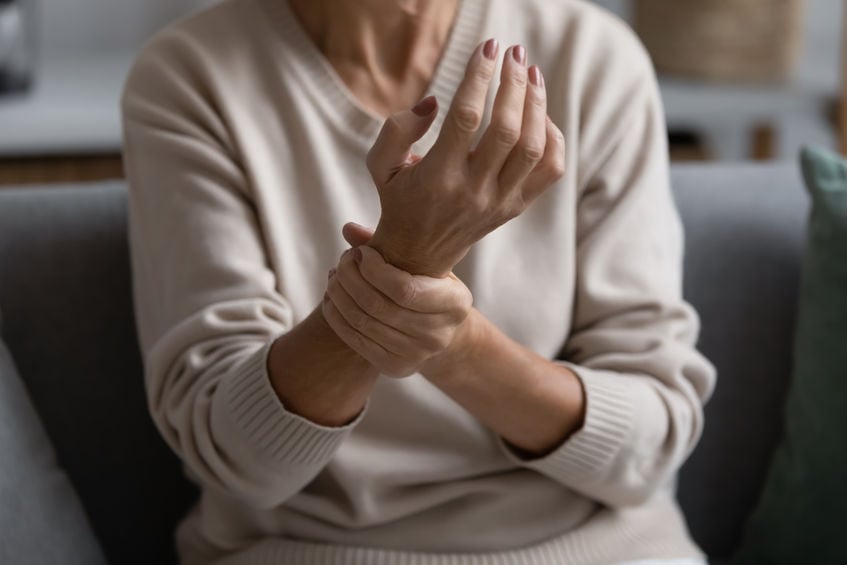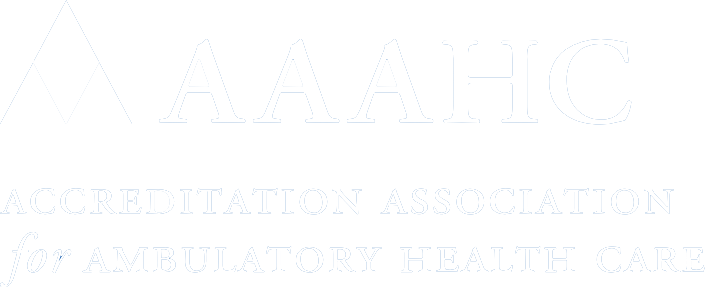What’s The Difference Between Hand Injuries?
Hands are composed of bones, ligaments, muscles, and tendons that are vulnerable to injury over time or all of a sudden. Hand tendon injuries can occur during vigorous physical activity or doing everyday activities such as typing. Tendon injuries in the hand can range from a minor sprain to a complete and painful rupture. A doctor can help determine the severity of the hand injury.

What’s a tendon strain?
The hand tendons connect muscle to bone and can tear. Hand sprains can also be referred to as strains. A tendon sprain occurs when the tendon becomes stretched and can result in bruising, mild pain, swelling, and weakness. A tendon strain can also limit a person’s range of motion making everyday activities more difficult.
What’s a tendon rupture?
A tendon rupture in the hand isn’t as common as a tendon strain. A hand tendon rupture occurs when the tendon suffers a severe tear that causes pain and a limited range of motion. A loud pop can mean the tendon has ruptured. A person should consult a doctor if the pain persists for multiple days or if hand movement is limited.
Diagnosing tendon injuries in the hand
A doctor can perform a physical examination by checking the range of motion of the hand. During the exam, doctors will review a patient’s pain levels to determine the severity of the hand injury. For closer examination, a doctor may use a range of diagnostic tests such as x-rays, MRI scans, ultrasounds, and CT scans.
Treating hand injuries
Tendon injuries can be treated by immobilizing the hand to avoid further injury. Heat and ice, corticosteroid injections, occupational therapy can also be used to treat a tendon sprain. A tendon sprain or rupture may require surgery.
Recovering from tendon injuries in the hand
During recovery, patients can take over-the-counter pain medication such as ibuprofen and nonsteroidal anti-inflammatory medication. More substantial pain relief can be used for up to a couple of weeks to avoid dependence. Physical rehabilitation experts can recommend new ergonomic techniques to avoid further hand tendon injuries.
Can Lower Back Pain Return After Spinal Surgery? 3 Lifestyle Changes To Get The Most Out Of Fusion
Minnesota Valley Valley Center2024-04-02T14:49:38-05:00April 15th, 2024|
Spinal surgery is an excellent solution for lower back pain, but symptoms can return. With lifestyle changes, patients can get the most out of fusion.
A New Lease On Life: Exploring How Robotic Total Joint Replacement Can Get You Active Again
Minnesota Valley Valley Center2024-03-24T17:38:47-05:00March 29th, 2024|
Robotic total joint replacement uses a robotic arm to replace the joint. This innovative approach allows a quick return to activities.
Restoring Dexterity: How Outpatient Carpal Tunnel Surgery Can Change Your Life
Minnesota Valley Valley Center2024-03-24T17:38:37-05:00March 15th, 2024|
After months of wrist and hand pain, carpal tunnel surgery may be needed. With outpatient options, restored dexterity with less pain and discomfort is possible.
More Articles from MVSC
March 15, 2024
After months of wrist and hand pain, carpal tunnel surgery may be needed. With outpatient options, restored dexterity with less pain and discomfort is possible.
November 14, 2023
Recovery from ulnar nerve release surgery can take up to 8 weeks. With a strong healthcare team and strategies, the pain can be minimized.
October 27, 2023
People with thumb arthritis can experience pain when using a smartphone. A CMC arthroplasty can help individuals get back to texting pain-free.
August 25, 2023
When the wrist is fractured, people wonder how to repair the bone. Minimally invasive surgery can help restore function and decrease pain.










